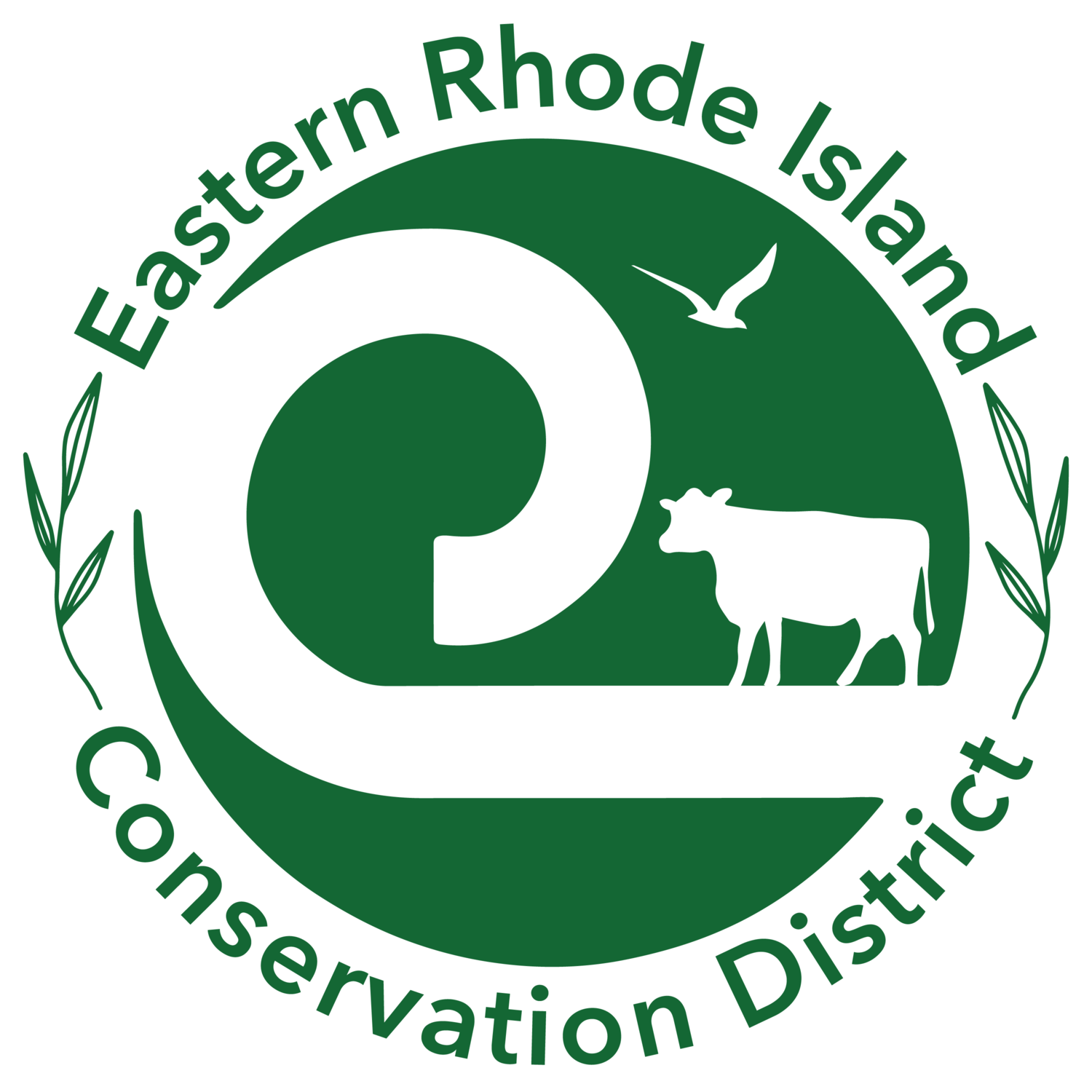Microclover Pilot Program at Portsmouth AgInnovation Farm
INNOVATIVE MICRO-CLOVER PILOT PROGRAM TO BE MODELED AT LOCAL EDUCATIONAL FARM
Portsmouth, RI – The Eastern Rhode Island Conservation District (ERICD) recently received a grant award through the Urban and Community Conservation (UAC) Grant Initiative to model a unique micro-clover agricultural technique.
The micro-clover seed pilot program is being planted on the Portsmouth AgInnovation Farm. This drought and weed-resistant clover creates a very durable sod. Crops are planted directly into the sod and the clover gets mowed throughout the season in between the crops. The benefits of the clover are that the clippings create a mulch for the crops, reduce watering, and prevent weeds – resulting in fewer labor hours and less water used. If the pilot program is successful, the program will become a model for local farmers.
The funding was approved after being review by members of the National Association of Conservation District’s (NACD’s) Urban and Community Resource Policy Group (RPG). Nationwide, twenty-nine conservation districts and tribes representing all seven of NACD’s regions were awarded $1,295,735 in funding. Since 2016, NACD has led the efforts of this successful grant program in collaboration with the U.S. Department of Agriculture’s (USDA) Natural Resources Conservation Service (NRCS) to help conservation districts build technical capacity within nontraditional agricultural systems.
“The Urban and Community Conservation grants are an integral part of our efforts to get conservation on the ground, and reach historically underserved communities,” said Kim LaFleur, NACD President. “These projects enable grant recipients and their partners to address multiple resource concerns and important issues like local food access and security.” More information about the program, including past grantees, is available on NACD’s Urban and Community Conservation webpage.
The Portsmouth AgInnovation Farm is a student-driven community farm education program where students problem solve during authentication learning and community collaboration, so they become productive citizens in our community. More information on the farm can be found here.
The National Association of Conservation Districts is the nonprofit organization that represents the nearly 3,000 conservation districts across the United States, their state and territory associations, and the 17,000 individuals who serve on their governing boards. For more than 75 years, local conservation districts have worked with cooperating landowners and managers of private working lands to help them plan and apply effective conservation practices.
###

